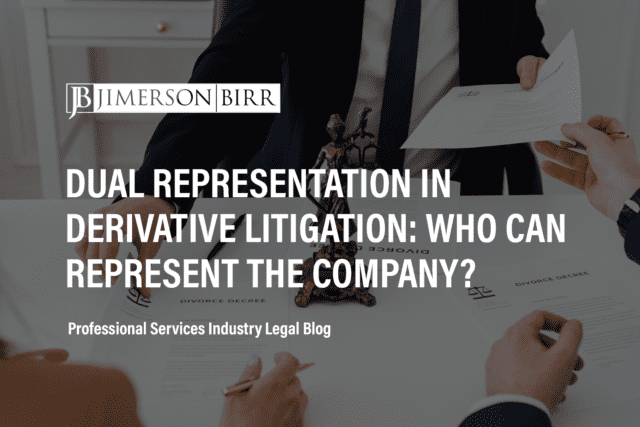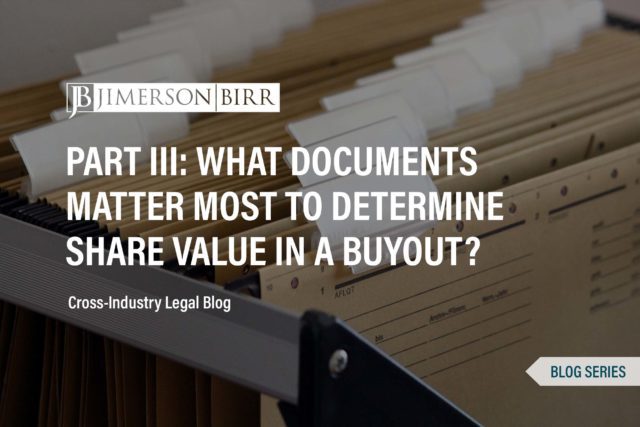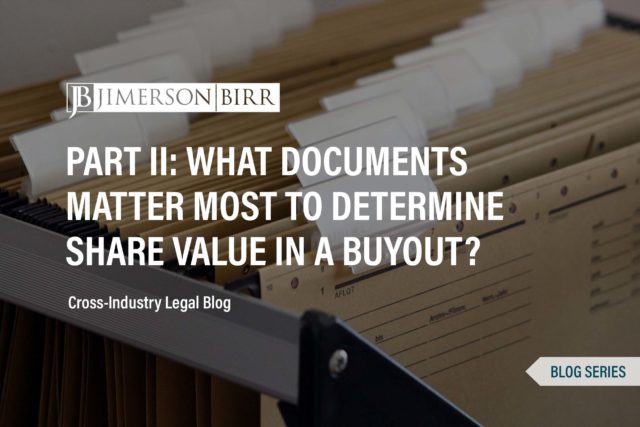What are shareholder voting issues?
Shareholder voting issues, naturally, arise from crucial matters put up for a vote by the shareholders of a company. These issues can range from electing members of the board of directors to approving significant corporate actions such as mergers, acquisitions, or changes to the company’s articles of incorporation.
Some common examples of shareholder voting issues include:
- Election of Directors: Voting on the election of members to the company’s board of directors.
- Executive Compensation: Voting on executive compensation packages.
- Mergers and Acquisitions: Approving or denying a merger or acquisition that the company is pursuing.
- Issuance of Stock: Approving or denying the issuance of additional shares of stock.
- Amendments to Articles of Incorporation: Considering substantive changes to the company’s articles of incorporation.
- Auditor Selection: Considering the appointment of an independent auditor to review the company’s financial statements.
Overall, shareholder voting issues are important because they give shareholders a voice in the company’s decision-making process and allow them to have a say in the company’s direction.
Need help with a matter related to shareholder voting issues? Schedule your consultation today with a top shareholder disputes and derivative litigation attorney.
In Florida, which laws and regulations apply to shareholder voting issues?
In Florida, the laws and regulations related to shareholder voting are in the Florida Business Corporation Act (FBCA), which governs the formation, operation, and dissolution of corporations in Florida.
Under the FBCA, shareholders have the right to vote on some issues, including the election of directors, amendments to the company’s articles of incorporation, mergers and acquisitions, and other significant corporate actions.
Specific provisions of the FBCA that are useful include:
- Stat. § 607.0722 – The FBCA requires that companies provide shareholders with certain information before a shareholder vote. This statute outlines the requirements in the company’s proxy statement.
- Stat. § 607.0705: This statute outlines the requirements that corporations must follow when providing notice of shareholder meetings where a vote will occur.
In addition to the FBCA, other state and federal laws and regulations may apply to shareholder voting issues, depending on the specific circumstances. For example, the Securities and Exchange Commission (SEC) has rules and regulations regarding shareholder voting in publicly traded companies. In addition, federal requirements that publicly-traded companies must follow when issuing proxy statements are listed in Rules 14a-4 and 14a-5, among others.
What are shareholder voting issues that lead to litigation?
Shareholder voting issues can sometimes lead to litigation when there is a disagreement among shareholders or between shareholders and the company’s management regarding the outcome of the vote or the voting process. Some examples of shareholder voting issues that may lead to litigation include:
- Proxy Contests: Proxy contests occur when one or more shareholders seek to replace the company’s board of directors with their nominees. If the proxy contest is unsuccessful, the shareholders may challenge the results of the vote in court.
- Oppression Claims: Shareholders may bring oppression claims if they feel that their rights have been unfairly prejudiced or disregarded by the company’s management or other shareholders, such as in cases where shareholders think that their voting rights were restricted or manipulated.
- Merger and Acquisition Disputes: Disputes can arise if shareholders believe that a merger or acquisition’s terms are unfair or if the company’s management failed to provide adequate information about the transaction to shareholders before the vote.
- Shareholder Derivative Actions: Shareholder derivative actions are lawsuits brought on behalf of the company against the company’s management or directors for breach of fiduciary duty. Shareholders may bring these actions if they feel that the management or directors acted in a way that was not in the company’s best interests.
In general, shareholder voting issues that may lead to litigation often involve disputes over control of the company, breaches of fiduciary duty, or issues related to fairness and transparency in the voting process.
When a set of facts gives rise to shareholder voting issues, there are many paths a claimant may take. We are value-based attorneys at Jimerson Birr, which means we look at each action with our clients from the point of view of costs and benefits while reducing liability. Then, based on our client’s objectives, we chart a path forward to seek appropriate remedies.
To determine whether your unique situation may necessitate litigation, please contact our office to set up your initial consultation.
What evidence does a plaintiff generally need to file a lawsuit regarding shareholder voting issues, and what are common legal defenses to those claims?
A plaintiff typically needs to provide evidence that supports their claim that the voting process was unfair or that the company’s management or other shareholders breached their fiduciary duty to the company or the plaintiff as a shareholder. Evidence may include documents related to the voting process, communications between shareholders and management, or other evidence that supports the plaintiff’s claim.
Common legal defenses to claims related to shareholder voting issues may include:
- Business Judgment Rule: The business judgment rule is a legal principle that presumes that a corporation’s directors and officers have acted in the company’s best interests. If the defendant can show that they made a decision based on a reasonable belief that it was in the best interests of the company, this may serve as a defense to a claim of breach of fiduciary duty.
- Lack of Standing: Defendants may argue that the plaintiff lacks standing to bring the lawsuit, either because they did not own shares in the company at the time of the alleged wrongdoing or because they do not meet other requirements to bring a shareholder lawsuit.
- Lack of Evidence: Defendants may argue that the plaintiff has failed to provide sufficient evidence to support their claim or that the evidence provided does not prove that the defendants engaged in wrongdoing.
- Procedural Defenses: Defendants may argue that the lawsuit is not in the proper jurisdiction or that the plaintiff failed to comply with other procedural requirements.
To see what actions or defenses may be available for your unique situation, please contact our office to set up your initial consultation.
Frequently Asked Questions
- What is a proxy vote?
A proxy vote stems from a shareholder who cannot or will not attend a shareholder meeting. Instead, the shareholder can appoint a proxy to vote on their behalf.
- What is a proxy statement?
A proxy statement is a document that provides shareholders with information about the matters that will be voted on at a shareholder meeting. It also includes information about the company’s management, executive compensation, and other essential matters.
- Can a shareholder change their vote after they cast it?
In some cases, shareholders may be able to change their vote if the voting period has not yet closed. However, this will depend on the specific rules and procedures established by the company.
- How are votes counted in shareholder meetings?
The company’s election inspector, responsible for ensuring that the voting process is fair and transparent, typically counts the votes. The inspector will tally the votes and report the results to the company’s board of directors.
- Can shareholders challenge the outcome of a vote?
Shareholders may be able to challenge the outcome of a vote if they believe that the voting process was unfair or that there were irregularities in the voting process. This challenge will depend on the specific facts of the case and the applicable laws and regulations.
- What is the role of the board of directors in shareholder voting issues?
The board of directors is responsible for overseeing the company’s operations and making important decisions on behalf of the company. The board is typically elected by the shareholders and may be involved in the decision-making process related to shareholder voting issues, such as determining the matters to put to a vote and the overall voting process.
Have more questions about a shareholder voting issues-related situation?
Crucially, this overview of shareholder voting issues does not begin to cover all the laws implicated by this issue or the factors that may compel the application of such laws. Every case is unique, and the laws can produce different outcomes depending on the individual circumstances.
Jimerson Birr attorneys guide our clients to help make informed decisions while ensuring their rights are respected and protected. Our lawyers are highly trained and experienced in the nuances of the law, so they can accurately interpret statutes and case law and holistically prepare individuals or companies for their legal endeavors. Through this intense personal investment and advocacy, our lawyers will help resolve the issue’s complicated legal problems efficiently and effectively.
Having a Jimerson Birr attorney on your side means securing a team of seasoned, multi-dimensional, cross-functional legal professionals. Whether it is a transaction, an operational issue, a regulatory challenge, or a contested legal predicament that may require court intervention, we remain a tireless advocate every step of the way. Being a value-added law firm means putting the client at the forefront of everything we do. We use our experience to help our clients navigate even the most complex problems and come out the other side triumphant.
If you want to understand your case, the merits of your claim or defense, potential monetary awards, or the amount of exposure you face, you should speak with a qualified Jimerson Birr lawyer. Our experienced team of attorneys is here to help. Call Jimerson Birr at (904) 389-0050 or use the contact form to schedule a consultation.


We live by our 7 Superior Service Commitments
- Conferring Client-Defined Value
- Efficient and Cost-Effective
- Accessibility
- Delivering an Experience While Delivering Results
- Meaningful and Enduring Partnership
- Exceptional Communication Based Upon Listening
- Accountability to Goals











